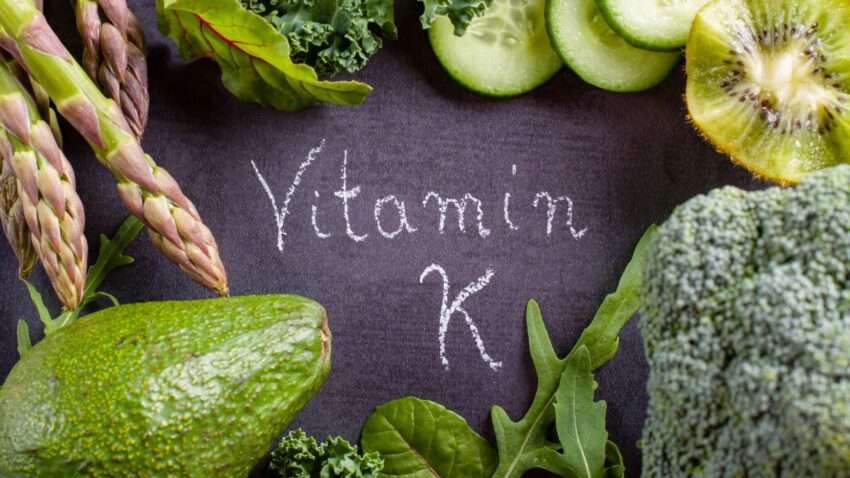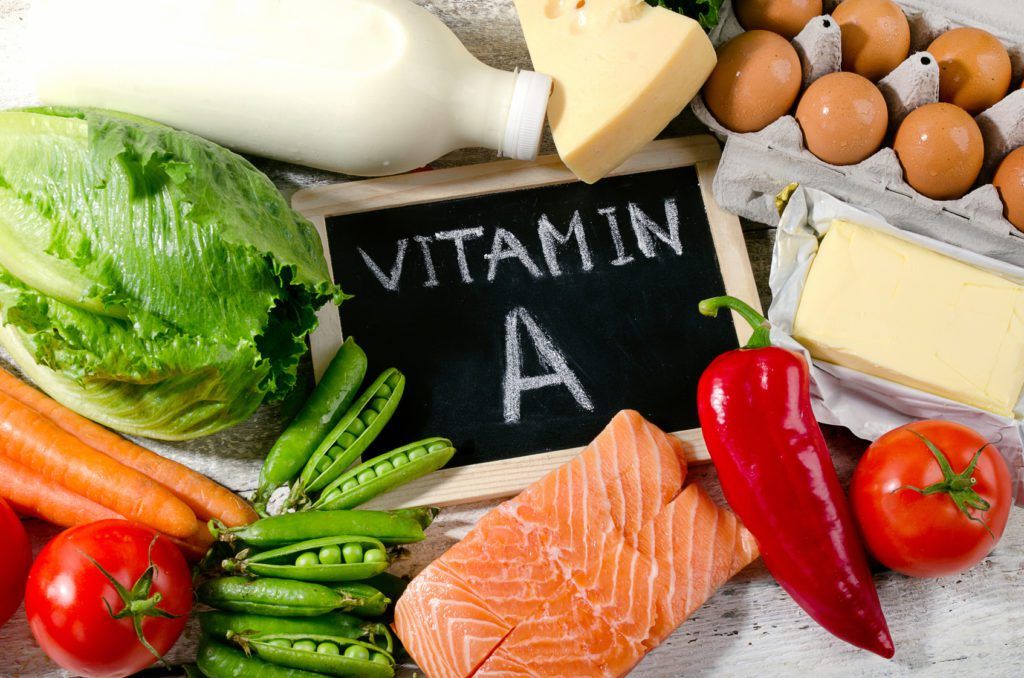Vitamin K plays a crucial role in blood clotting and bone health. It exists in two primary forms: Vitamin K1 (phylloquinone) and Vitamin K2 (menaquinone). While Vitamin K1 is abundant in leafy greens and certain vegetables, Vitamin K2 is found in fermented foods and animal products. Both forms are essential for maintaining optimal health, especially concerning blood clotting. This guide explores the benefits of Vitamin K supplements, how to choose the best ones, and answers common questions about their usage
Understanding Vitamin K and Its Role in Blood Clotting
Vitamin K is a fat-soluble vitamin that supports blood clotting processes in the body. It assists in the production of proteins that are necessary for blood coagulation, preventing excessive bleeding and promoting wound healing. Here’s a deeper look at its functions:
How does Vitamin K contribute to blood clotting?
Vitamin K activates proteins involved in the blood clotting cascade, such as prothrombin and factors VII, IX, and X. These proteins are crucial for forming blood clots when a blood vessel is injured, preventing excessive bleeding.
What are the different forms of Vitamin K?
- Vitamin K1 (Phylloquinone): Found in green leafy vegetables like spinach, kale, and broccoli.
- Vitamin K2 (Menaquinone): Found in fermented foods like natto, cheese, and in smaller amounts in meat and dairy products.
Benefits of Vitamin K Supplements
While Vitamin K is available through diet, supplements can ensure adequate intake, especially for individuals with specific health conditions or dietary restrictions. Here are the key benefits:
What are the benefits of taking Vitamin K supplements for blood clotting?
Vitamin K supplements can help maintain healthy blood clotting mechanisms, reducing the risk of excessive bleeding and promoting quicker wound healing, particularly beneficial for those with clotting disorders or undergoing certain medical treatments.
Do Vitamin K supplements support bone health as well?
Yes, Vitamin K is also crucial for bone health as it helps in the regulation of calcium in bones, potentially reducing the risk of osteoporosis and fractures.
Choosing the Best Vitamin K Supplements
When selecting Vitamin K supplements, consider factors such as the type of Vitamin K, dosage, and additional ingredients that may affect absorption. Here’s what to look for:
What should I look for when choosing a Vitamin K supplement?
- Type of Vitamin K: Opt for supplements that contain Vitamin K2 (menaquinone) as it may have better bioavailability and longer activity in the body compared to Vitamin K1.
- Dosage: Follow recommended daily allowances unless directed otherwise by a healthcare provider.
- Formulation: Look for supplements that combine Vitamin K with fat or oils to enhance absorption, as it is a fat-soluble vitamin.
FAQ Section
How much Vitamin K do I need daily for optimal blood clotting?
The recommended daily intake varies by age and gender but typically ranges from 90 to 120 micrograms (mcg) for adults. Consult with your healthcare provider for personalized advice.
Can Vitamin K supplements interact with medications?
Yes, Vitamin K supplements can interact with blood-thinning medications like warfarin. Always consult your doctor before starting any new supplement regimen.
Are there any natural sources of Vitamin K besides supplements?
Yes, Vitamin K is naturally found in leafy green vegetables (K1) and fermented foods like natto and cheese (K2).
Should I take Vitamin K supplements if I have a bleeding disorder?
Always consult with a healthcare professional before taking any supplements, especially if you have a bleeding disorder or are on blood-thinning medications.
Are there any side effects of Vitamin K supplements?
Side effects are rare when taken at recommended doses but may include allergic reactions or interactions with medications. Consult your doctor if you experience any adverse effects.
How long does it take to see the effects of Vitamin K supplements?
Results may vary, but improvements in blood clotting function or bone health may be noticeable over several weeks to months with consistent supplementation.
Can Vitamin K supplements improve cardiovascular health?
There is ongoing research into the potential benefits of Vitamin K for cardiovascular health, particularly its role in preventing arterial calcification. More studies are needed to confirm these effects.
Are there specific populations who may benefit more from Vitamin K supplements?
Individuals with osteoporosis, clotting disorders, or those with limited dietary intake of Vitamin K-rich foods may benefit from Vitamin K supplementation under medical supervision.
Can I get too much Vitamin K from supplements?
Excessive intake of Vitamin K from supplements is uncommon but can interfere with certain medications or medical conditions. Always follow recommended dosages and consult your healthcare provider.
How should Vitamin K supplements be taken for best absorption?
Take Vitamin K supplements with a meal containing fats or oils to enhance absorption, as it is a fat-soluble vitamin.
Conclusion
Vitamin K supplements play a vital role in supporting healthy blood clotting mechanisms and overall well-being. By understanding the types of Vitamin K, its benefits, and how to choose the right supplements, you can make informed decisions to support your health goals. Always consult with a healthcare provider before starting any new supplement regimen, especially if you have existing health conditions or take medications.
- Ghosting In The Digital Age Why It’s Become Such A Harmful Dating Practice - May 28, 2025
- Nu-Derm Skin System Near Puttenham, Surrey - May 28, 2025
- Forehead Frown Lines Treatment Near East Horsley, Surrey - May 28, 2025



